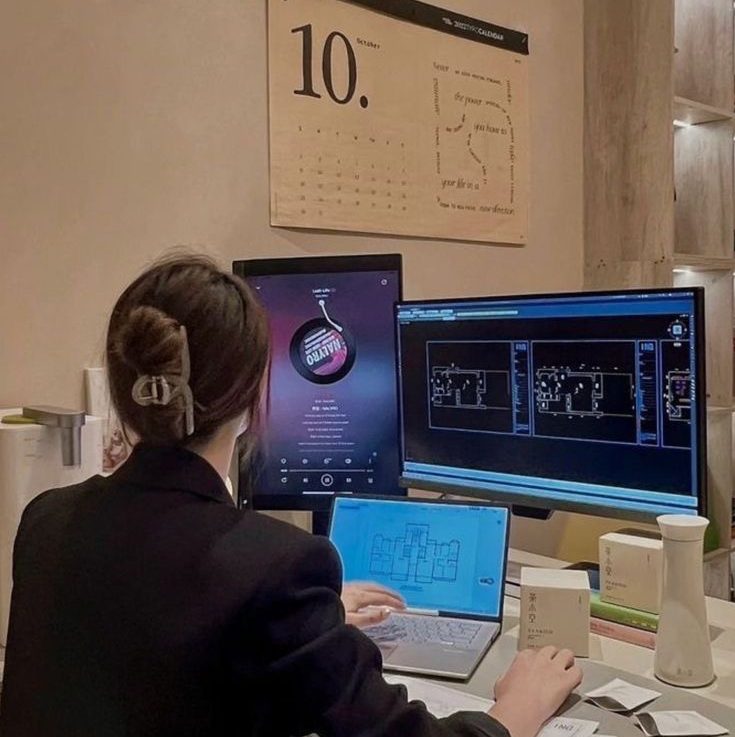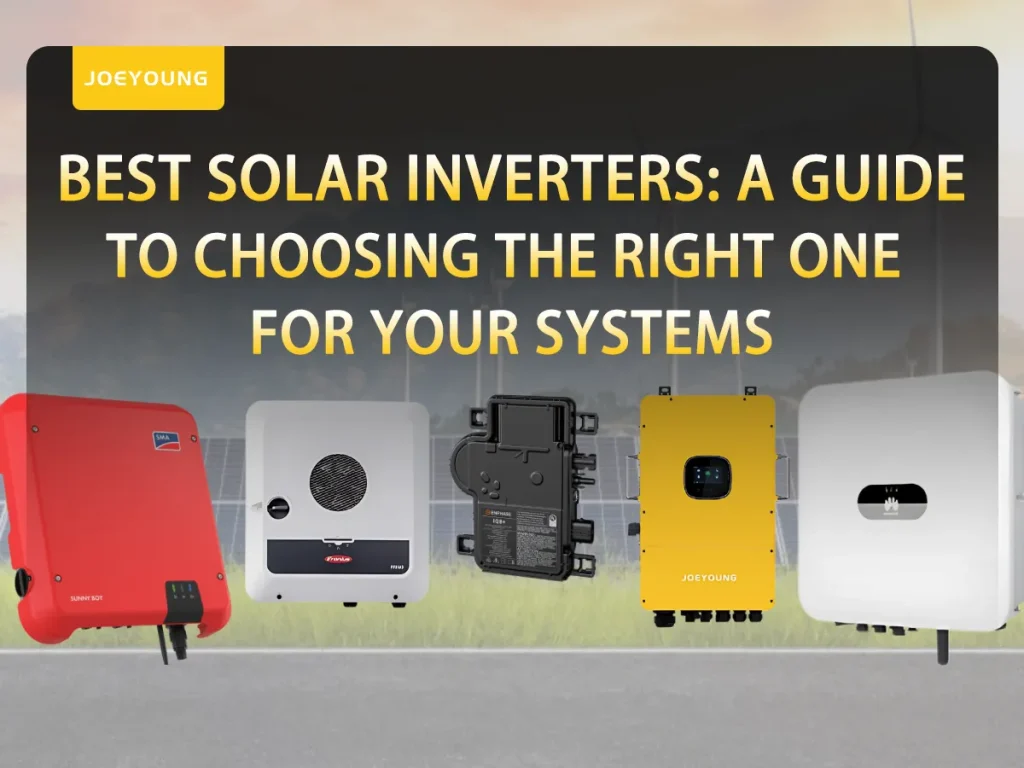When migrating to a renewable electricity system using solar power, inverters are important in maximizing the system’s performance. But then, what is a power inverter? Why is it an important device in the sustainability of our solar power system?
This article will help you understand more about solar inverters and their types. It will also provide recommendations for the best solar inverters on the market that suit your needs.

What is a Solar Inverter?
A solar inverter is a device that can convert direct current (DC) obtained from DC sources obtained from solar panels into alternating current (AC). The AC source produced by the inverter can be used to operate various electronic devices that require an AC power source to work. Without an inverter, your solar system cannot generate electricity and power various devices that require electricity in your home or business.
Kind Types of Solar Inverters
Solar inverters themselves are divided into several types, here are some types of solar inverters.
- String Inverter: One of the most common types of inverters, used for systems with many solar panels. Where all the solar panels are connected into one string, then the inverter will manage the output collectively.
- Micro Inverter: This type of inverter is different from a string inverter. These inverters are independently attached to each solar panel and serve to improve system efficiency with various panel orientations.
- Hybrid Inverter: This type of inverter has the combined functionality of inverter and battery management. Using these inverters allows for backup power to be stored in the batteries for use when the sun is not shining.
- Central Inverter: Usually used for large-scale inverter installations, where the inverter will be installed in a central area and serves to manage power from multiple panel strings at once.
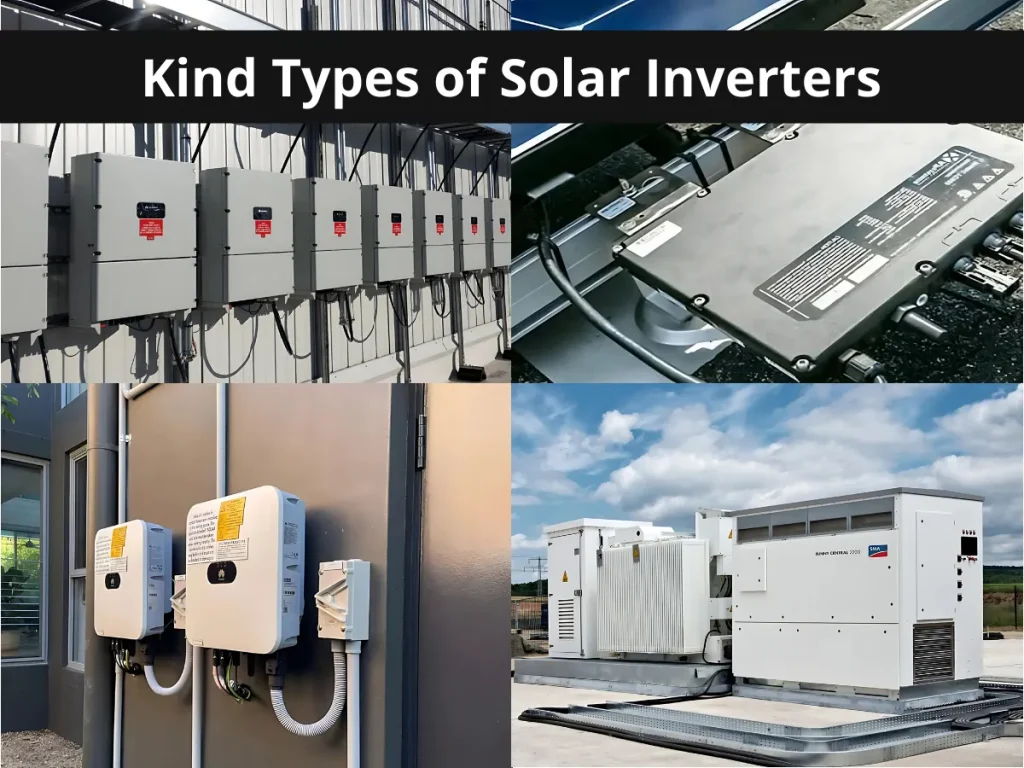
Factors Need to Consider in Choosing the Best Solar Inverters
In buying the best solar inverters, it is necessary to pay attention to several important factors to prevent you from choosing the wrong solar inverters. Therefore, you need to pay attention to the inverter purchase guide and follow what tips need to be considered before buying one of the best solar inverters for your solar power system. Here are some factors that you need to consider in choosing the best solar inverters to maximize your renewable energy systems.
- Energy Efficiency: The efficiency of an inverter is one of the most important factors in determining the overall solar power system. Choose an inverter with more than 90% efficiency to maximize the energy conversion process.
- Capacity and Compatibility: Make sure that the inverter can handle the total power capacity of your solar panels and your daily needs. Also, make sure that the inverter has good compatibility with your solar panels, as it is known that the best solar inverters have good compatibility with all renewable energy systems.
- Reliability and Durability: Best solar inverters usually have reliability in various environmental conditions. Therefore, make sure that the inverter you choose has a good protection rating and can last a long time.
- Additional Features: Best solar inverters are usually equipped with modern technology and online monitoring systems. Where the inverter can be operated and integrated with the application system on a smartphone.
- Warranty and After-Sales Service: Generally, the warranty and technical services provided by the manufacturer are important factors to ensure that the inverter works in the long run. Make sure that the inverter has a long warranty period of over 5 years, and also make sure the solar inverter manufacturer that produces the inverter has a fast response service.
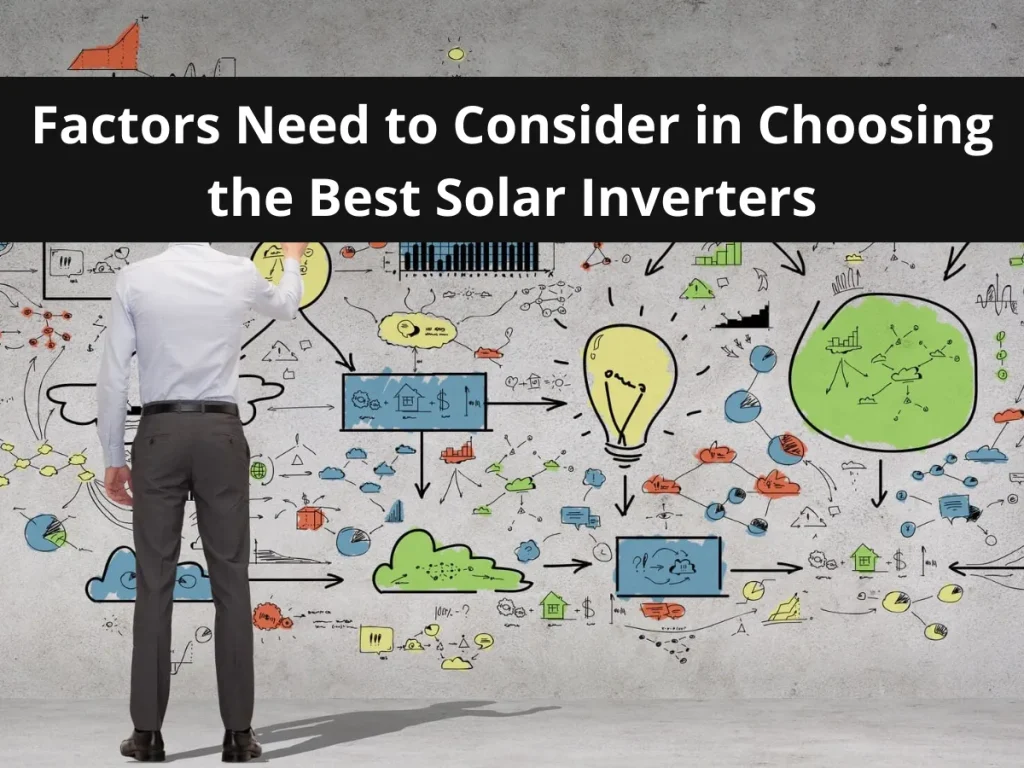
Recommendation for the Best Solar Inverters
Here are some recommendations for the best solar inverters that are well-known for their performance and quality, and have been recognized in the market as high-quality inverters.
| Inverter Model | Efficiency Rate | Protection Degree & Feature | Monitoring & Control | Warranty |
|---|---|---|---|---|
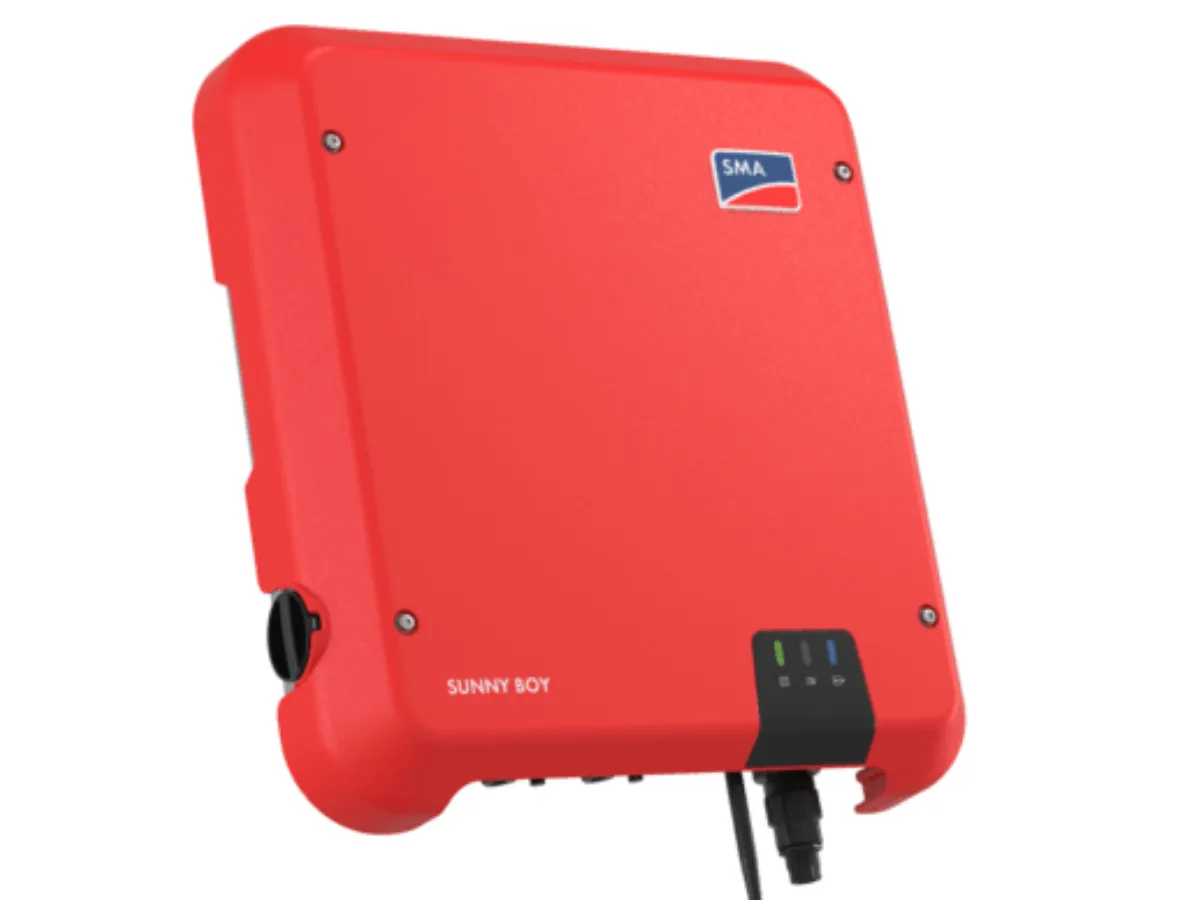 SMA Sunny Boy
SMA Sunny Boy
| 97.5% | IP65 and equipped with 6 protection features. | Wi-Fi, online platform (Web & App) | 5 years |
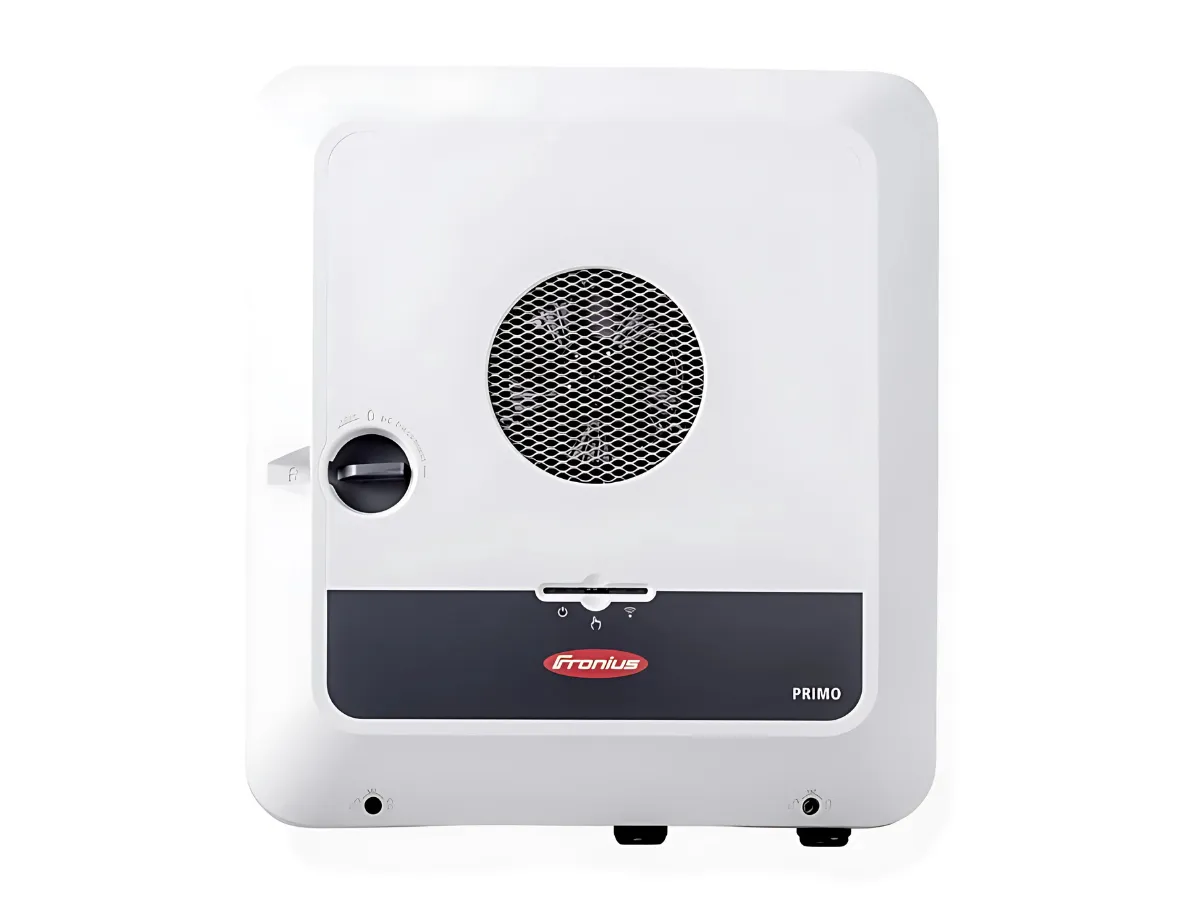 Fronius Primo
Fronius Primo
| 98% | IP65 and equipped with 7 protection features. | Wi-Fi, online platform (Web & App) | 5 years |
 Enphase IQ Series (Micro Inverter)
Enphase IQ Series (Micro Inverter)
| 97.6% | IP67 and equipped with 9 protection features. | Web & App | 25 years |
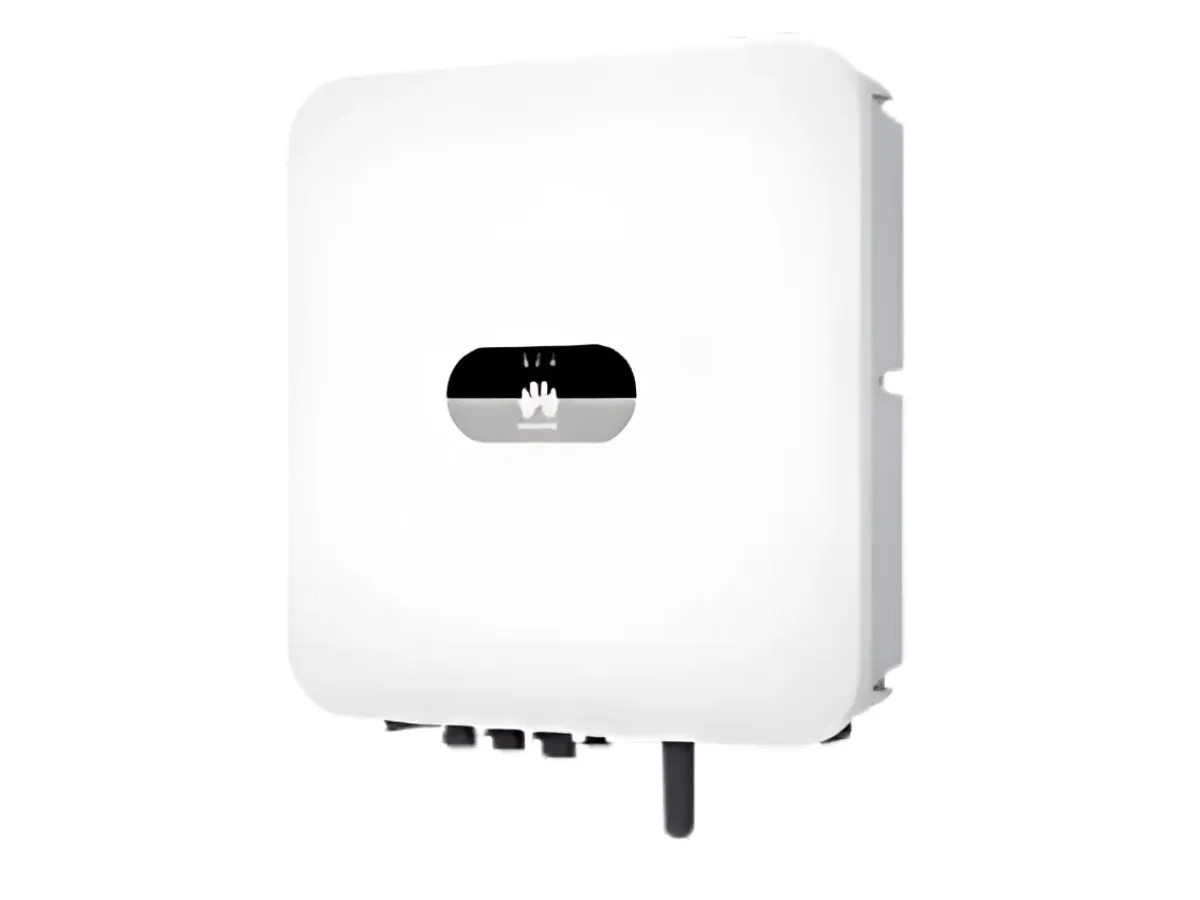 Huawei SUN2000 (Hybrid Inverter)
Huawei SUN2000 (Hybrid Inverter)
| 98.6% | IP66 and equipped with 10 protection features. | AI-driven monitoring, online platform (Web & App) | 5 years |
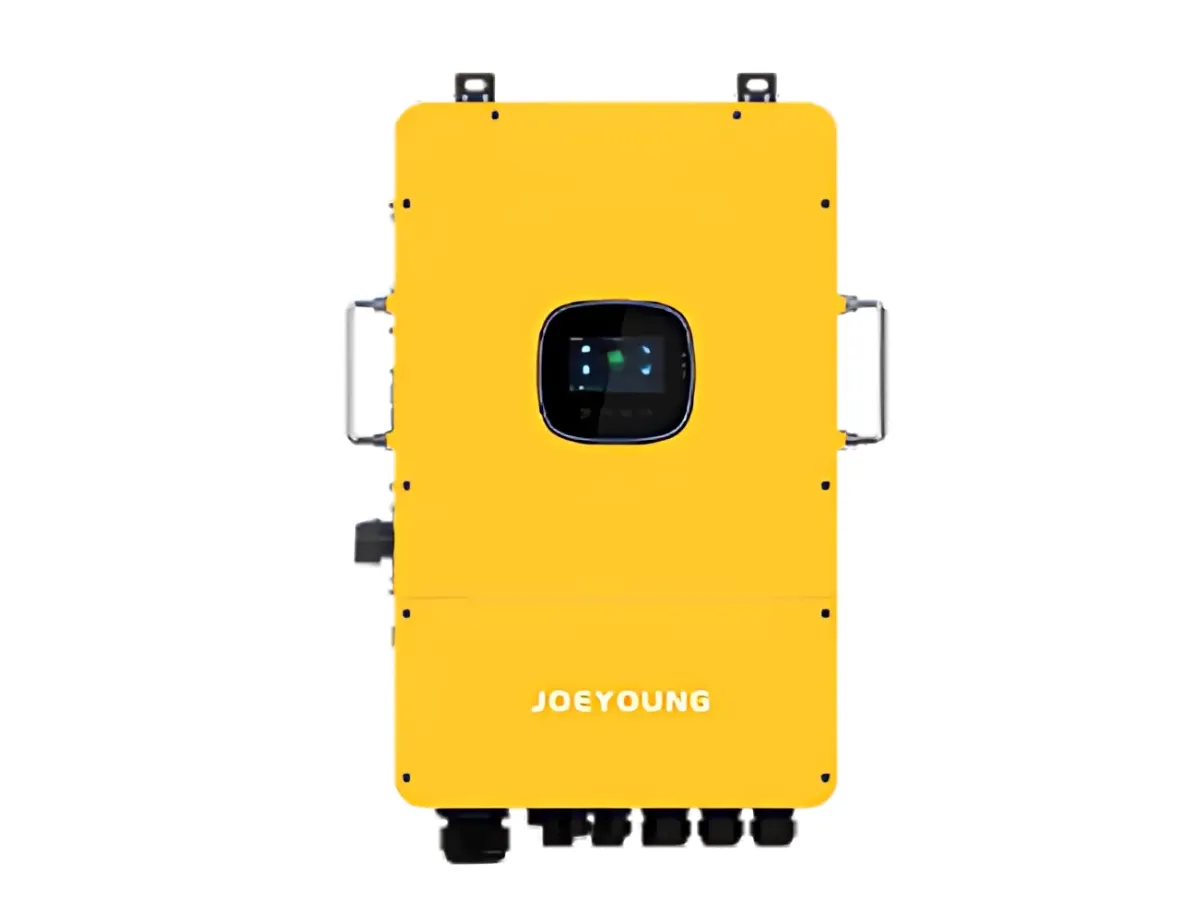 JOEYOUNG SEI Series (Off-grid Inverter)
JOEYOUNG SEI Series (Off-grid Inverter)
| 97.5% | IP65 and equipped with 8 protection features. | Wi-Fi, GPRS, LCD, Remote Control, & online platform (App) | 5 years |
Conclusion
Choosing the best solar inverter is the best ability to maximize your solar power system. However, choosing the best solar inverters itself requires several things to be considered, one of which is evaluating your energy needs and budget, considering the warranty period and technical support, and consulting with a solar installation expert to decide on the right renewable energy investment.
You can contact our experts here to conduct an in-depth consultation on choosing the best solar inverters for your best future investment!
Frequently asked questions
Solar inverters can typically last for 10-15 years based on how they are used and maintained by their users.
Not all solar inverters support battery storage. If you want an inverter that supports battery storage, choose a hybrid or off-grid inverter instead of the other types of solar inverter.
Maintaining a solar inverter is basically the same as inverter maintenance in general, where you should do routine checks independently at least once a week and with an expert at least once a year to ensure that the inverter remains in top condition. Also, ensure that the inverter is not exposed to extreme weather elements without proper protection.
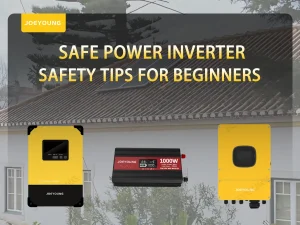
This article offers information about the role of a safe power inverter, safety tips, guidelines, and related information you need.

Proper use of an inverter can optimise functionality, avoid energy loss, and extend lifespan. In this article, you will learn how to use an inverter and other related information you need.

With the growing public awareness of renewable energy today, we invite you to learn more about various inverter applications and their advantages in daily life.

